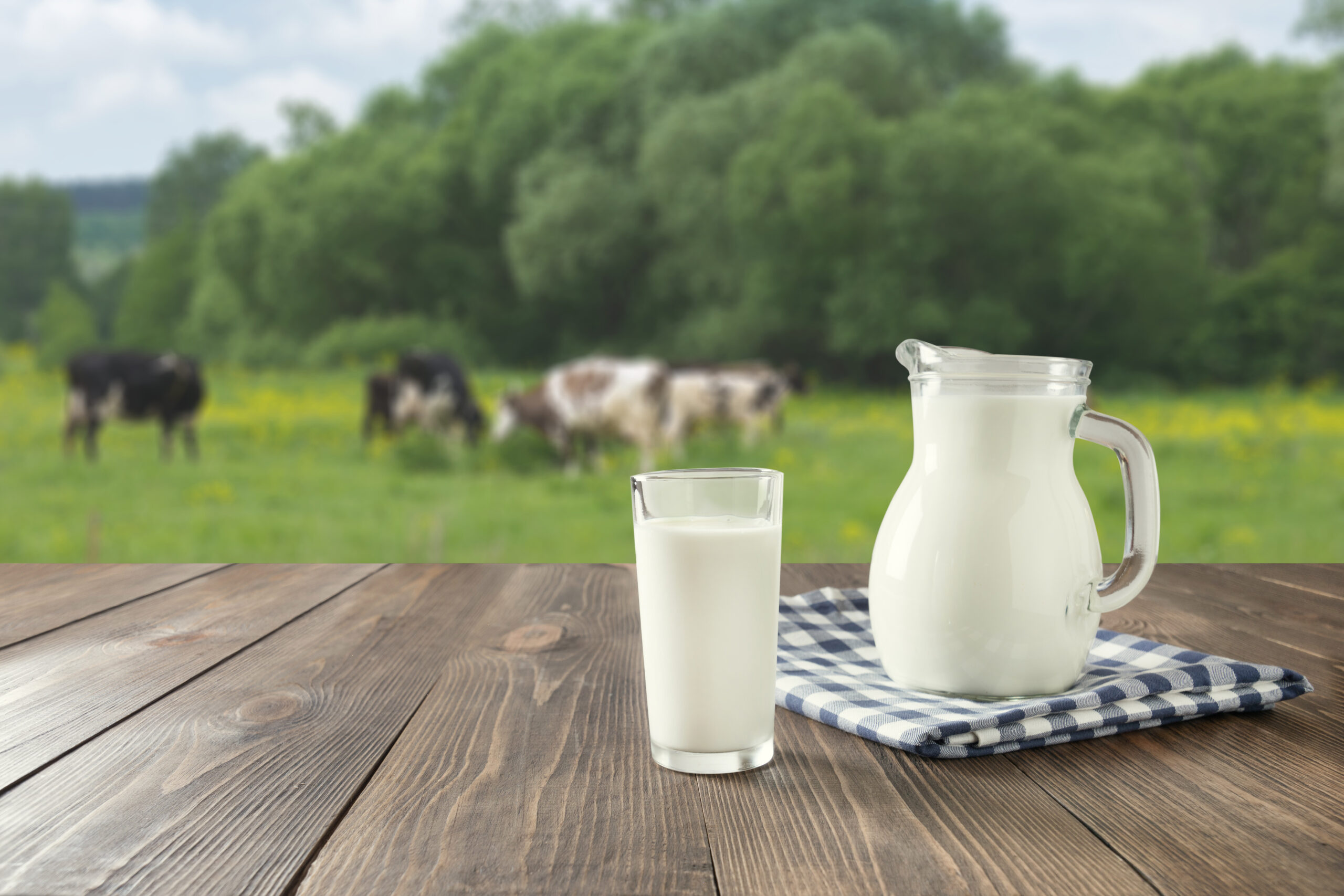New groundbreaking research reveals that dairy products, particularly those rich in calcium, provide robust protection against colorectal cancer.
Story Highlights
- Major 2025 study of 540,000+ participants confirms dairy/calcium dramatically reduces colorectal cancer risk
- World Cancer Research Fund now officially recommends increased dairy consumption for cancer prevention
- Genetic evidence proves causal relationship between milk consumption and lower cancer rates
- Additional modest benefits found from whole grains, fruits, and fiber intake
Largest Cancer Prevention Study Validates Dairy Benefits
The Million Women Study, analyzing dietary data from over 540,000 participants, definitively established that dairy products provide the strongest dietary protection against colorectal cancer. Researchers examined 97 different dietary factors, making this the most comprehensive analysis ever conducted. The study’s genetic component eliminated confounding variables, proving that calcium from dairy products directly reduces cancer risk rather than merely correlating with healthier lifestyles.
World Cancer Research Fund Updates Official Guidelines
In April 2025, the World Cancer Research Fund International released new recommendations emphasizing dairy consumption alongside whole grains, fruits, and vegetables for colorectal cancer prevention. The organization noted that adopting healthy dietary patterns, maintaining proper weight, and staying physically active collectively reduce cancer risk. This represents a shift from previous guidance that focused primarily on fiber and red meat reduction, now incorporating dairy as a cornerstone of cancer prevention.
Watch:
Scientific Breakthrough Links Genetic Evidence to Prevention
Researchers used advanced genetic epidemiology to prove causation between dairy consumption and cancer protection. The study found that genetically predicted milk consumption inversely correlated with colorectal, colon, and rectal cancer risk. This genetic approach eliminates lifestyle confounding factors that plagued previous nutrition studies, providing the strongest evidence yet that dairy’s protective effects stem directly from calcium’s biological mechanisms rather than associated healthy behaviors.
Additional Dietary Factors Show Modest Protection
While dairy/calcium emerged as the primary protective factor, researchers identified smaller benefits from whole grains, fiber, and fruits. However, these effects were less robust and potentially influenced by other lifestyle factors. The study confirmed previous findings that red meat, processed meat, and alcohol increase colorectal cancer risk. Pro-inflammatory diets particularly worsened outcomes for stage III colon cancer patients, reinforcing the importance of anti-inflammatory dietary patterns for both prevention and survivorship.
Sources:
Diet-wide association study for colorectal cancer in UK Biobank and Million Women Study
Study uncovers how low-carb diet drives colorectal cancer development
New major cancer prevention report on dietary and lifestyle patterns
Diet-wide association study for colorectal cancer in UK Biobank and Million Women Study
ASCO 2025: Pro-inflammatory diets associated with worse outcomes for stage III colon cancer











